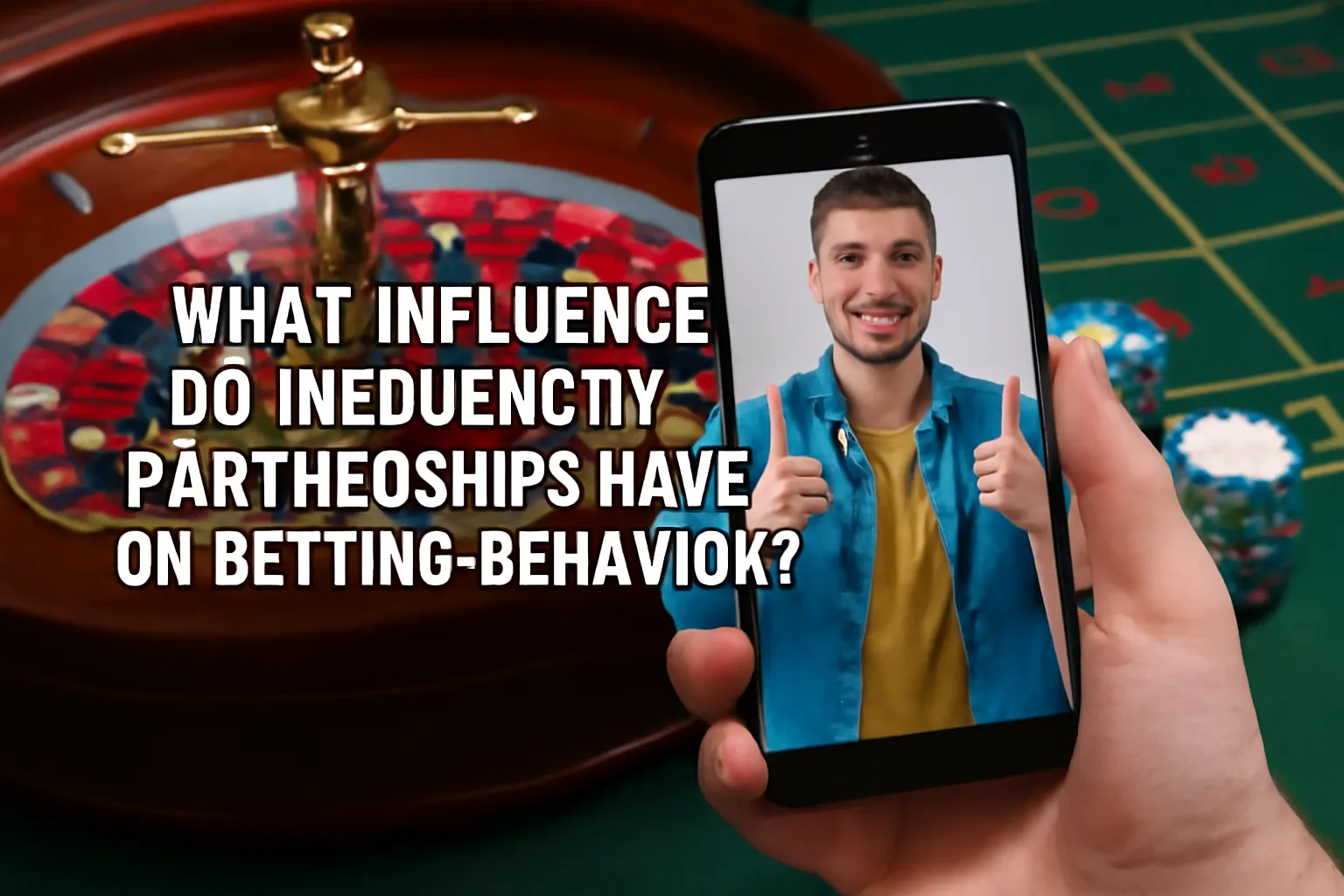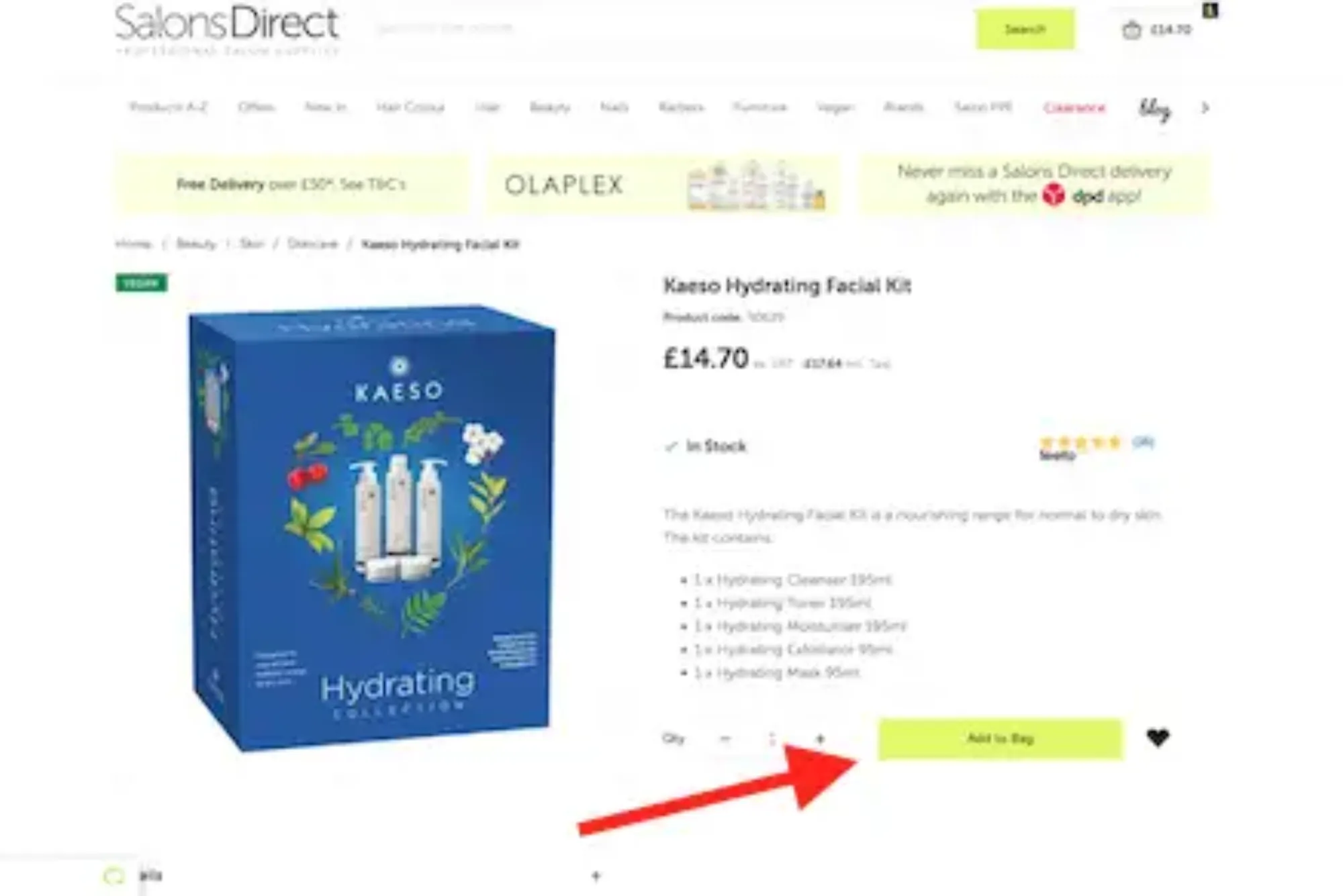In the modern landscape of online gambling, influencer partnerships have emerged as a powerful marketing tool. Social media influencers, with their dedicated followers and engaging content, are now more than ever being enlisted by casinos to promote their platforms and games. This form of marketing has raised questions about its impact on betting behavior: Does the endorsement of an influencer actually influence a player’s betting decisions, or is it just a form of entertainment? As someone who has closely followed these partnerships across various platforms, including no verification casinos, I’ll dive into how these collaborations affect player behavior and whether they can alter gaming patterns in significant ways.
How Influencer Partnerships Drive Engagement in Gambling
The gambling industry has long relied on advertising to attract new players, but influencer marketing takes this to a different level. By leveraging the trusted relationships influencers have built with their audience, casinos can seamlessly integrate their promotions into everyday content, from Instagram posts to TikTok videos. These partnerships allow casinos to bypass traditional advertising, placing their games directly in front of engaged users in a way that feels organic.
For example, influencers often host live streams on platforms like Twitch or YouTube where they actively engage in betting activities, often promoting no verification casinos during their broadcasts. These types of casual endorsements provide a sense of authenticity and excitement, which traditional advertisements can’t quite replicate. When a player sees their favorite influencer hitting a jackpot or winning big, it can create a psychological connection, making them more inclined to try their luck at the same game or platform. The influencer’s “win” feels like a potential opportunity that they, too, could experience.
This form of marketing creates an emotional link between the influencer’s success and the player’s potential for the same, which drives engagement and, ultimately, actions like sign-ups and deposits.
The Psychology Behind Influencer Endorsements in Gambling
Influencer partnerships tap into various psychological principles that influence behavior. Social proof, a concept where individuals tend to follow the actions of others to determine their own behaviors, plays a crucial role here. When an influencer promotes a particular casino or betting site, their followers are likely to view the endorsement as a validation of the platform’s credibility. This effect is even more pronounced in communities that have a strong sense of loyalty to the influencer.
Another psychological trigger that influencer partnerships activate is the bandwagon effect, where people are more likely to join something when they see others doing it. If an influencer is showcasing their enjoyment of a particular game, their audience may feel compelled to try it themselves. This is amplified by the casual, entertaining nature of influencers’ content, where they make gambling seem like an enjoyable and safe pastime, often omitting the risks involved.
Moreover, influencers often have a way of framing betting as a fun and accessible activity, which might downplay the more serious aspects of gambling, such as addiction risks or financial losses. By promoting these platforms in a lighthearted, entertaining way, influencers can alter how their audience perceives gambling, making it appear as just another form of leisure activity.
The Effect on Betting Habits and Financial Implications
While influencer marketing is undeniably effective at drawing new players, it also brings with it potential changes in betting behavior. A key concern is the effect it may have on the financial habits of followers. Influencers, by showcasing their wins and big payouts, might inadvertently encourage risky betting behavior. Followers might start with modest bets, but as they become more engaged with the influencer’s content, they may be tempted to increase their stakes, believing they can replicate the influencer’s success.
Additionally, influencers often promote special offers, bonuses, or limited-time promotions, which can create a sense of urgency among followers. This can lead players to make impulsive decisions, such as depositing more money than they initially planned or betting larger amounts than they typically would, all in the hope of capitalizing on a “hot streak” that the influencer appears to be on. The financial implications of such behavior are significant, especially when the player’s excitement and desire to replicate influencer success overshadow the awareness of the risks involved.
The Role of Transparency and Responsible Gambling
As the influence of these partnerships grows, so does the conversation about responsible gambling. While influencers can bring excitement to the world of online betting, they also need to be mindful of the messages they are sending to their audience. Ideally, influencers should promote responsible gambling practices, such as setting limits, taking regular breaks, and acknowledging the potential risks of addiction. However, many fail to include these important elements, leading to a growing concern over how much responsibility these influencers bear in terms of encouraging safe gambling.
In response, regulators have started to implement stricter guidelines for influencer marketing in the gambling industry. For example, gambling ads and influencer promotions now often include disclaimers or links to responsible gambling organizations. Some jurisdictions even require that influencers provide links to self-exclusion services or gambling helplines as part of their promotion.
The Future of Influencer Marketing in Betting
The future of influencer partnerships in the betting industry is likely to evolve in response to both regulatory changes and growing consumer awareness of gambling risks. As more influencers enter the space, we can expect an increase in regulation around how these partnerships are structured. Influencers may be required to adhere to stricter guidelines regarding transparency, responsible gambling promotion, and financial disclosures.
Moreover, as AI technology advances, influencers could further personalize their content, tailoring it to specific audience segments based on behavior, preferences, and even gambling history. This raises questions about the ethical implications of such targeting, especially when it comes to vulnerable individuals who may be more prone to excessive gambling.
For players, the key is to stay informed and recognize when influencer marketing might be influencing their decisions in ways that aren’t entirely healthy. It’s important to set boundaries, be mindful of one’s budget, and remember that influencer-driven excitement should not overshadow the need for responsible gambling habits.
Final Thoughts
Influencer partnerships in the betting world have an undeniable impact on player behavior. From drawing new players to shaping their betting habits, these endorsements tap into powerful psychological triggers, making gambling seem like a fun, accessible activity. While these partnerships have their benefits, they also come with risks, especially when it comes to financial management and responsible gambling. As this trend continues to grow, it’s essential for both influencers and regulators to prioritize transparency, promote responsible behavior, and ensure that players can enjoy gambling in a safe and informed manner.









